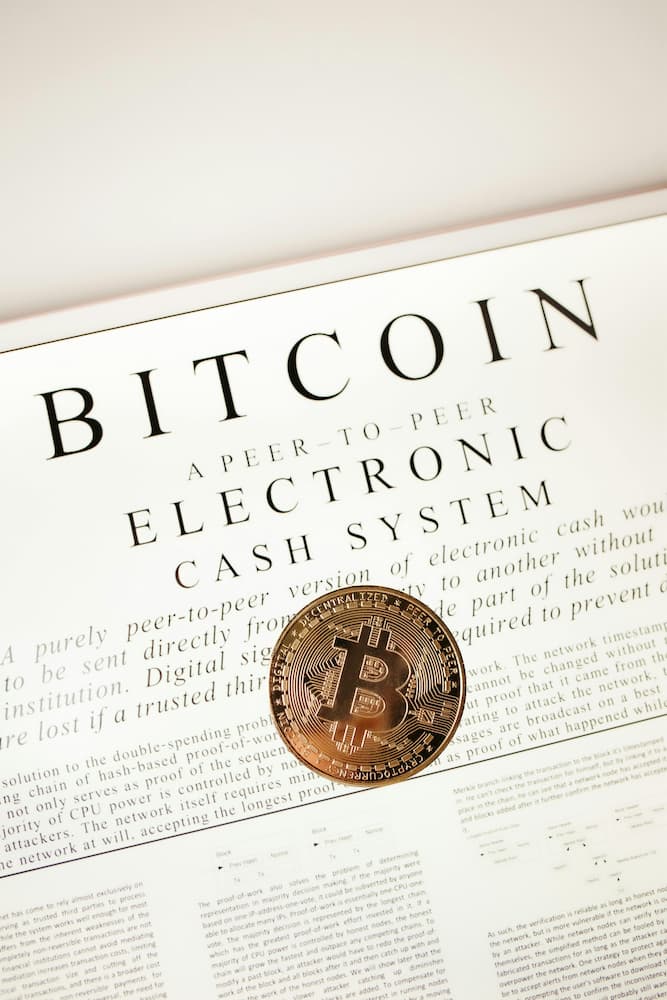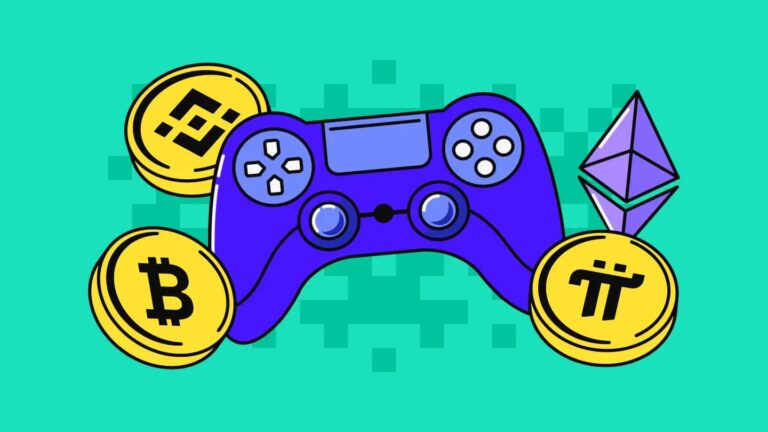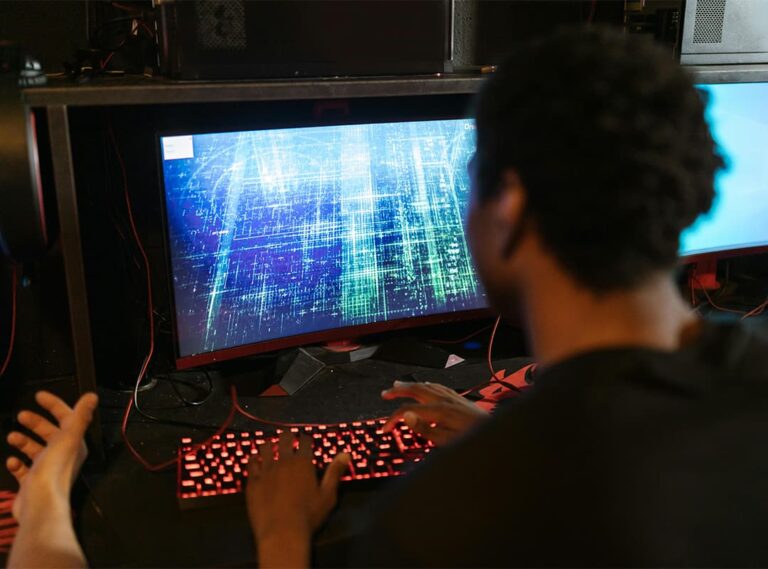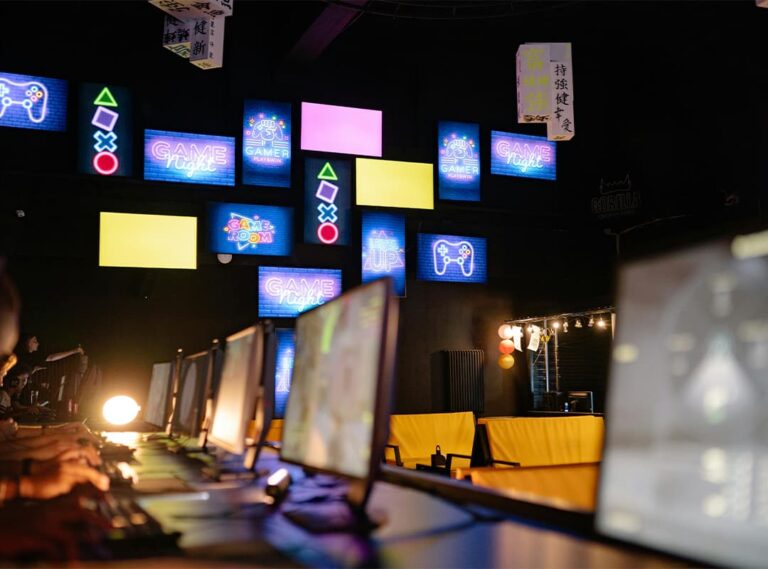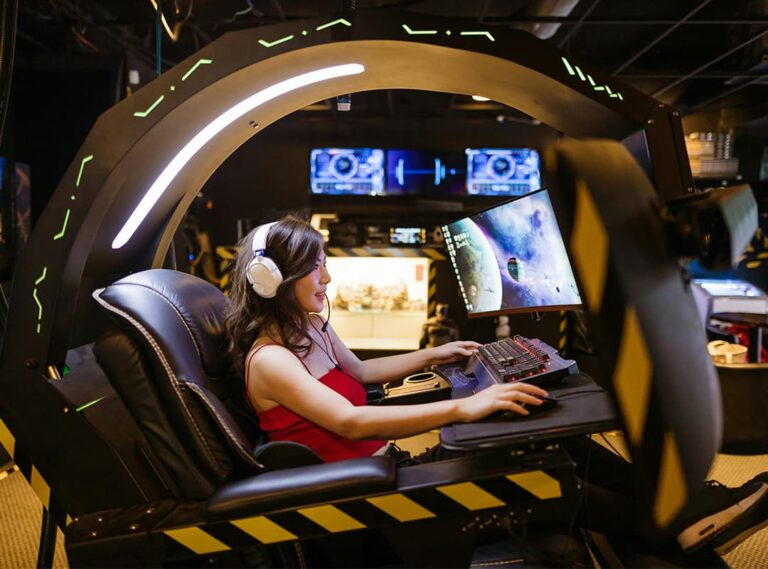The rise of blockchain technology has led to significant shifts in multiple industries, and the gambling sector is no exception. Play-to-Earn (P2E) games, which reward players with cryptocurrency or NFTs, are increasingly competing with traditional online casinos. These games provide financial incentives, decentralized structures, and innovative gameplay models that are reshaping how players engage with digital gambling platforms. But how exactly are P2E games impacting the gambling industry, and what does the future hold for both sectors?
The Shift from Pure Gambling to Skill-Based Earning
Traditional gambling relies heavily on luck. Whether it’s slot machines, roulette, or lottery games, players have little control over outcomes. In contrast, Play-to-Earn games incorporate elements of skill and strategy, allowing users to influence their earnings. Games like Axie Infinity and The Sandbox require players to develop strategies, upgrade assets, and participate actively to earn rewards.
This shift is significant because it reduces the perception of gambling as a purely luck-based activity. Instead, P2E games introduce elements of effort and investment, making them more appealing to a wider audience, including gamers who might otherwise avoid traditional online casinos.
The Role of Decentralization and Transparency
One of the biggest criticisms of traditional online gambling platforms is the lack of transparency. Players often have to trust casino operators without clear insight into game algorithms or payout mechanisms. In contrast, Play-to-Earn games operate on blockchain networks, ensuring that transactions, rewards, and gaming mechanics are transparent and verifiable.
Decentralization allows players to truly own their in-game assets and withdraw them as real value, unlike traditional casinos where winnings are tied to the platform. Additionally, blockchain-based P2E models provide an alternative to the centralized house edge, which typically favors casinos over players.
For those who still prefer classic online gambling experiences, various platforms offer extensive options. A great resource for discovering online casinos and their offerings is https://grafortuna.com.ua/online-casinos/. Here, players can compare different gambling platforms and find options that best suit their preferences.
Play-to-Earn and Gamification in the Gambling Sector
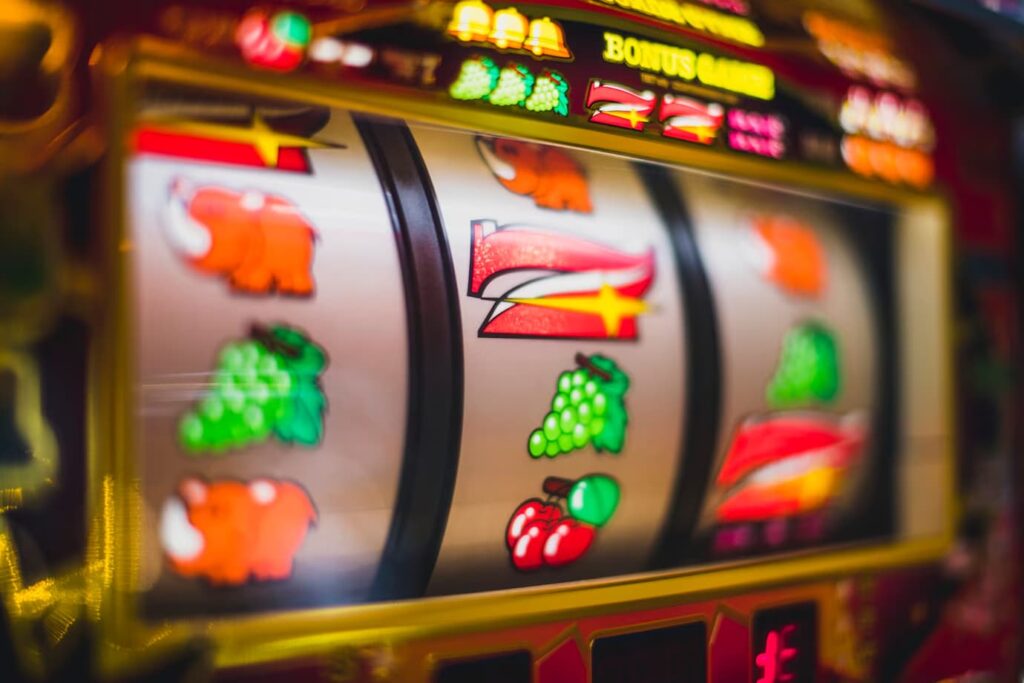
Gamification has been a growing trend in the gambling industry, but Play-to-Earn games take it to a new level. P2E games integrate mechanics like daily challenges, reward multipliers, and NFT ownership, creating a more engaging user experience. Traditional casinos have begun to take notice and are increasingly implementing similar strategies, such as loyalty programs, tokenized rewards, and blockchain integration.
Another significant impact of P2E games on gambling is the introduction of metaverse-based gaming experiences. Virtual casino platforms like Decentraland’s Vegas City allow users to engage in gambling activities within immersive, interactive environments. This metaverse-style gaming model is blurring the lines between traditional gambling and blockchain-powered entertainment.
Financial Incentives and Regulatory Challenges
The ability to earn real-world value through Play-to-Earn gaming has made it an attractive alternative to gambling. However, it also introduces regulatory concerns. Governments worldwide are still determining how to classify blockchain-based gaming earnings. Are they winnings, investments, or income? This uncertainty creates legal gray areas that could shape the future relationship between P2E games and gambling laws.
Additionally, concerns over problem gambling remain. While P2E games involve skill, they also encourage investment-like behavior, where players may spend significant amounts of money on NFTs and in-game assets in hopes of future returns. Regulatory frameworks will need to adapt to address these emerging risks.
The Future of Online Casinos and P2E Gaming
Rather than existing as competitors, Play-to-Earn games and traditional online casinos may continue to merge. Some casinos are already experimenting with cryptocurrency integration, NFT-based betting, and blockchain transparency. The introduction of decentralized betting platforms and smart contract-driven games is an indication that the gambling industry is evolving alongside P2E trends.
For those looking to explore the evolving world of online casinos, platforms like https://grafortuna.com.ua/ provide in-depth reviews and insights into the latest gambling innovations. Whether it’s Play-to-Earn games or classic casino betting, players have more options than ever before.
Conclusion
Play-to-Earn games are undeniably transforming the gambling industry by introducing skill-based mechanics, transparency, and decentralized ownership of assets. While they present new opportunities for engagement and financial incentives, they also challenge traditional gambling models and regulatory structures. As blockchain gaming continues to grow, it’s likely that online casinos will adopt more elements of P2E gaming, creating a hybrid market that blends gambling with gamification and decentralized finance.
For players and investors, understanding these shifts is crucial to navigating the evolving landscape of online gaming. Whether through Play-to-Earn models or traditional gambling platforms, one thing is clear: the gaming industry is on the brink of a major transformation.


